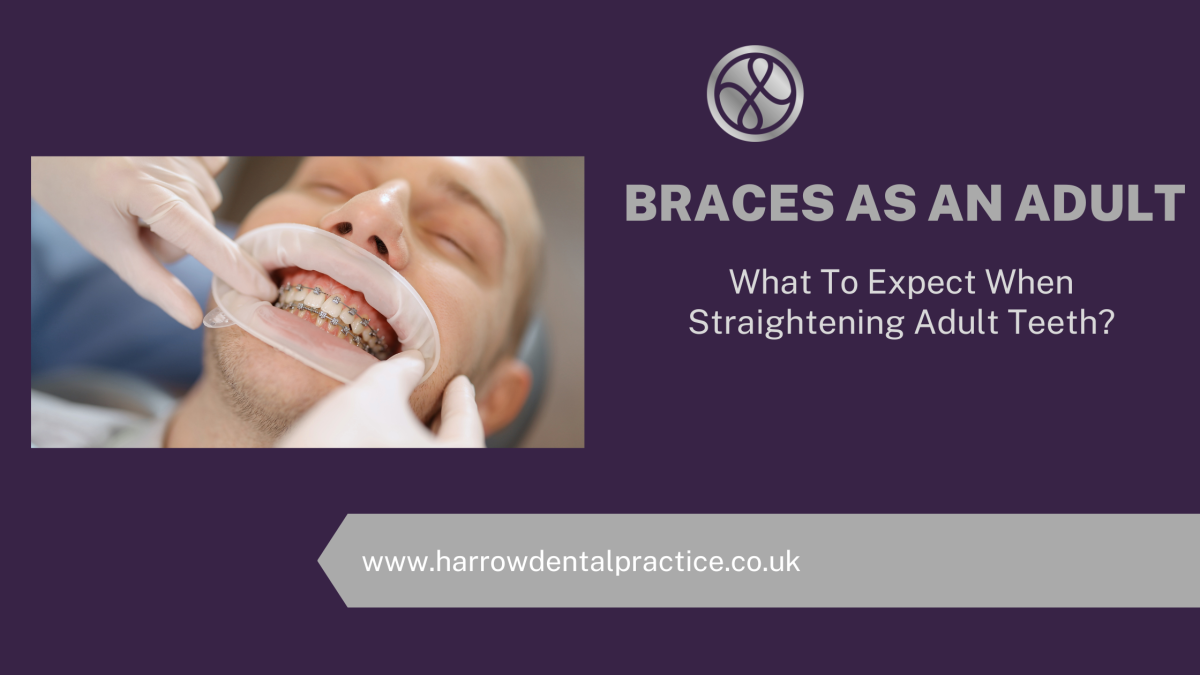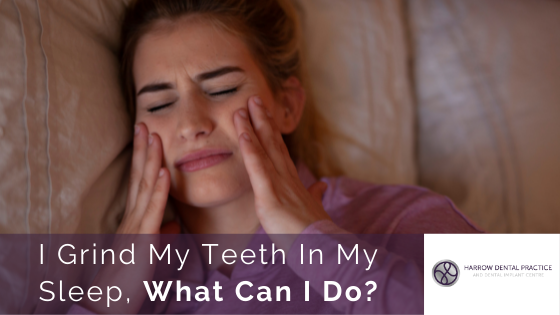Are you unable to sleep at night due to your partner’s snoring? You are not alone. The British Snoring and Sleep Apnoea Association states that over 41.5% of British adults snore. But that does not mean that one has to live with this problem. Did you know that there are anti-snoring devices available that can help you sleep better at night?
If you want to eliminate your snoring problem, you have come to the right place. This blog will discuss everything you need about anti-snoring appliances and how they can reduce snoring and help you enjoy a good sleep. So read on to find out more.
What Are Anti-Snoring Devices?
Before we discuss anti-snoring devices, let us understand what snoring is. Snoring is a condition in which one makes coarse sounds during sleep due to vibrations in the soft palate or other tissues in the mouth, nose, and throat region. Typical symptoms of long-term snoring include restlessness, morning fatigue, irritability, and daytime drowsiness.
Various appliances are available to manage snoring, called anti-snoring devices. Although these devices work differently, they aim to reduce snoring by keeping the airway open and facilitating normal breathing during sleep.
In cases where anti-snoring devices such as the mandibular advancement device, mouthguards, tongue-retaining devices, and positive airway pressure (PAP) are ineffective, the last resort is to perform surgery to open the airway. However, according to the NHS, surgery is not always the best option as there are chances of recurrence.
What Is A Mandibular Advancement Device (MAD)
According to Harvard Health, a mandibular advancement device is a plastic framework attached to the upper and lower jaws. The device comprises hinges and screws that allow the mandible to be positioned forward. MAD is especially effective for people who snore due to the backwards falling of the tongue during sleep or due to the backward position of the lower jaw.
Many dentists in the UK offer MAD for treating snoring. However, one should visit a dentist who provides custom-made appliances. Why? Because custom-made appliances have an optimal fit and can effectively reposition the jaws to prevent snoring.
You may find several boil-and-bite anti-snoring devices in the market that may seem like a quick and cost-effective solution, but they aren’t. In fact, they will do more than good as they don’t fit your teeth perfectly and may cause oral health problems such as gum disease. So, it is advisable to visit an experienced and qualified dentist for this purpose.
What Is The Process For Getting An Anti-Snoring Mouthpiece Fitted?
As mentioned earlier, there are two ways of getting a MAD-based anti-snoring device. First, you can get a boil-and-bite-type device from the markets, which are not recommended due to their poor fit. The second option is to get a custom-made MAD.
The process of getting a custom-made, perfectly fitting MAD is simple. First, your dentist will perform a detailed clinical examination of your teeth and identify the severity of the underlying issue. Then, they will make impressions of your teeth to prepare study models. Some dentists also use intra-oral scanners to make digital teeth impressions, which are an easy and convenient alternative to conventional tooth impressions.
Next, the digital impressions will be fed into special software that will allow the dentist to design your appliance such that it gradually brings the lower jaw forward. Once the appliance has been digitally designed, it will be fabricated using 3D printing technology. That’s it; your MAD is ready for use.
What Is The Cost Of An Anti-Snoring Mouthpiece?
The cost of MAD depends on various factors. For example, the cost will be lower if you buy a stock anti-snoring appliance compared to a custom-fit MAD designed by a dental professional. Furthermore, the cost will also depend on the dentist’s qualifications and experience. The cost of MAD will be higher for dental practices located in the metropolitan areas compared to those in the suburbs. Similarly, another factor that determines the cost of MAD is the dentist’s specialisation; the cost will be lower if made by a general dentist than a specialist orthodontist.
Typically, the cost of MAD in the UK is £500 per device. Unfortunately, the NHS does not cover anti-snoring devices, and one has to visit a private dentist to get one.
Anti-Snoring Mouthpiece Near Me
Now that you have decided to improve your sleep quality, the next step is to find a good dentist near you to get an anti-snoring device. Don’t worry; we have got you covered. First, search the internet for local dentists providing anti-snoring treatment and devices. Next, make a list of these practices and check for their online reviews. These online ratings and reviews are generally reliable. Based on these reviews, shortlist 3-4 practices near your workplace or residence and visit them.
Things you should ask the dental team:
- Are the anti-snoring appliances custom-made?
- Does a dental professional design these appliances?
- What is the qualification and experience of the dentist who will supervise your treatment?
- What is the cost of the appliance?
- How long will it take for the appliance to be fabricated?
- Are all facilities and equipment needed for the device available in-house, or will the appliance be fabricated somewhere else and then shipped to the practice?
Based on the answers, you should select a practice that you feel most comfortable with. If you are looking for a dental practice providing anti-snoring treatment, Hornchurch, Harrow Dental Practice, and Dental Implant Centre is the best place to go. Why? Because we have a team of highly experienced and qualified dentists. More importantly, we prepare custom-fit devices that are more effective and comfortable than the stock ones. So, book an appointment with us today and say hello to better physical and oral health and sleep quality.



